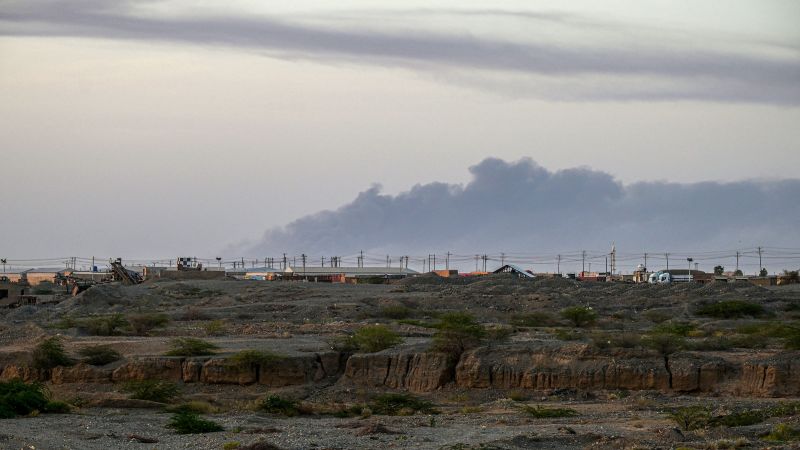Drone Attack by Sudan’s Rapid Support Forces Escalates Conflict in Port Sudan










2025-05-04T06:53:00Z

On Sunday, a significant escalation occurred in Sudan’s ongoing conflict, as the paramilitary group known as the Rapid Support Forces (RSF) executed a drone attack targeting a military air base and nearby facilities in the vicinity of Port Sudan Airport. This assault marks the first instance of RSF aggression reaching the strategic eastern port city, as reported by a spokesperson from the Sudanese army.
Fortunately, no casualties were reported as a result of this attack, although the implications of the RSF's actions are profound. It is important to note that the RSF has not yet issued any public statement regarding the incident, leaving many questions surrounding their motivations and future intentions.
Historically, the RSF has concentrated its operations on striking power stations located in army-controlled areas across central and northern Sudan for several months. While these previous strikes have disrupted local infrastructure, they had not resulted in significant casualties. However, the recent drone attack on Port Sudan signifies a potentially dangerous shift in the dynamic of the two-year-long conflict between the Sudanese army and the RSF.
Port Sudan had previously been viewed as a relatively safe haven amidst the turmoil that has engulfed much of the country. The eastern region is home to a large population of displaced individuals, many of whom have fled violence in other parts of Sudan. This recent escalation contradicts the relative calm that the area had been experiencing, raising concerns among residents and humanitarian organizations alike.
In response to the drone strike, the Sudanese army has intensified its military presence around essential infrastructure in Port Sudan. This includes the closure of roads leading to critical locations such as the presidential palace and army command, indicating heightened security measures in anticipation of further potential attacks.
Port Sudan, which boasts the country’s primary airport, army headquarters, and a vital seaport, has been perceived as the safest location in a nation that has been ravaged by conflict. Earlier in March, the Sudanese army managed to dislodge the RSF from their last positions in Khartoum, the capital city of Sudan. However, the RSF continues to maintain control over certain territories in Omdurman, situated just across the Nile River from Khartoum, and has fortified its power in western Sudan. This has effectively divided the nation into rival zones, deepening the conflict.
The ongoing power struggle between the Sudanese army and the RSF has been marked by violent ethnic clashes, resulting in what the United Nations has termed the world’s worst humanitarian crisis. Various regions in Sudan have been plunged into famine, with millions at risk of starvation. The war initially ignited in April 2023, fueled by a struggle for control ahead of a proposed transition to civilian governance.
As a consequence of the conflict, over 12 million Sudanese have been forcibly displaced from their homes, with approximately half of the country’s 50 million inhabitants experiencing acute hunger. Estimations regarding the total death toll have proven challenging; however, a study published last year suggested that fatalities in Khartoum state alone may have soared to 61,000 within the first 14 months of the hostilities.
 Malik Johnson
Malik Johnson
Source of the news: CNN